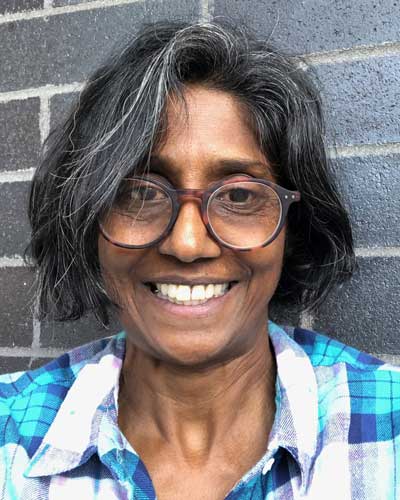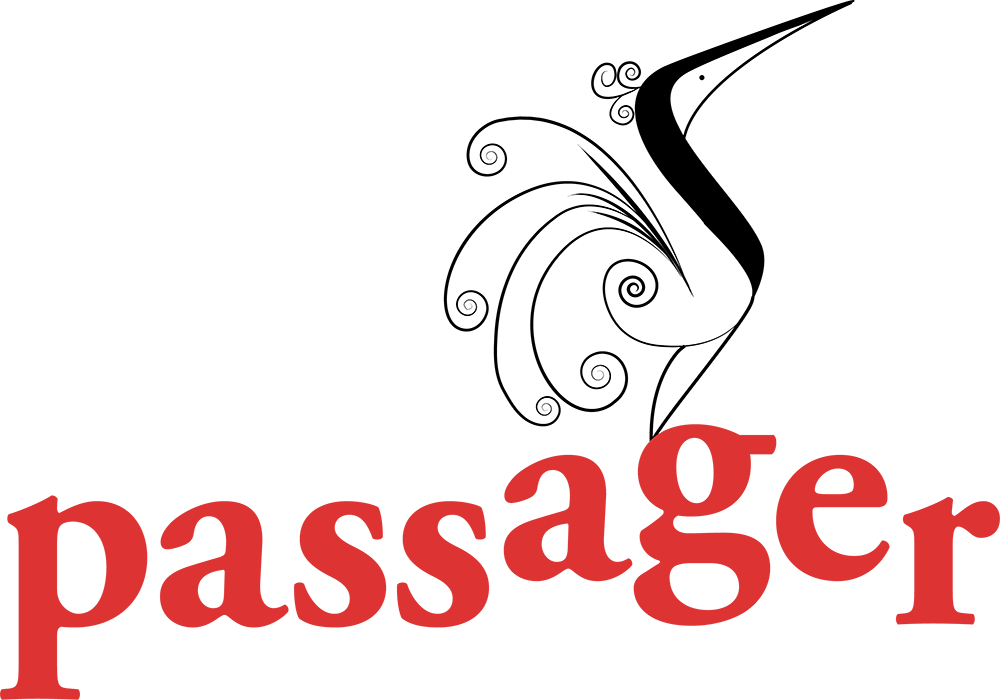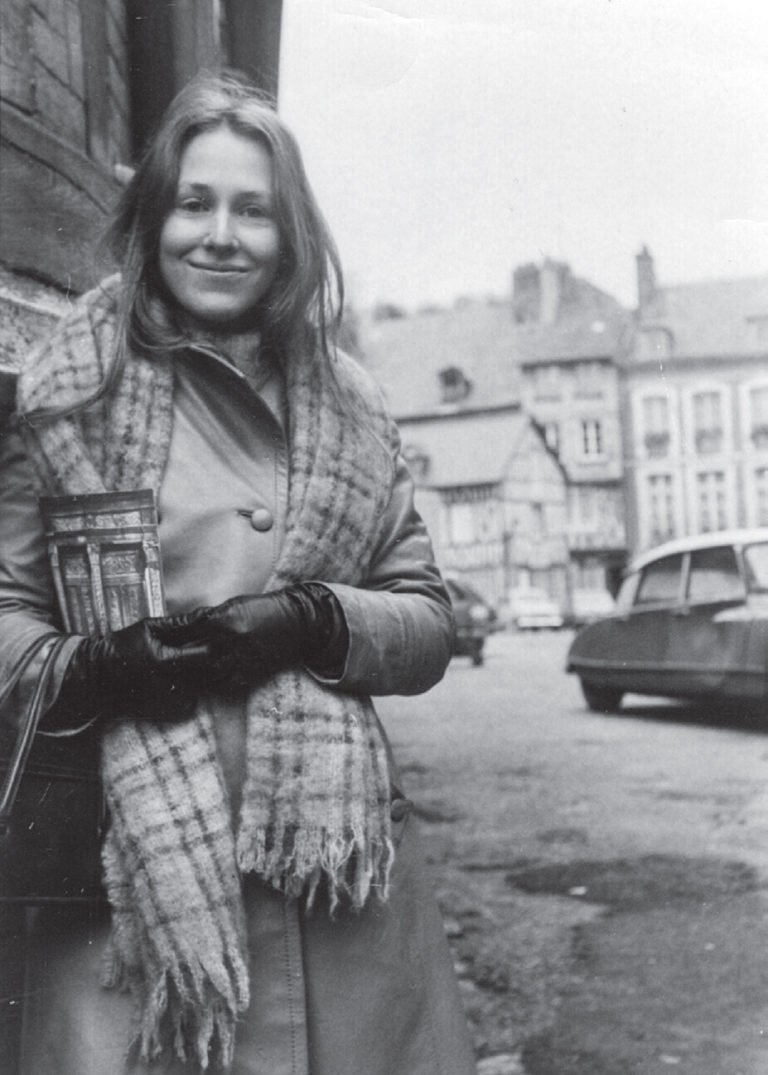Bell and the Telephone



Longing for connection, with work from Joseph Hann, Dale Tushman and Denisha Naidoo.
7 minutes
TRANSCRIPT
I knew Alexander Graham Bell had invented the telephone — “Mr. Watson, come here; I want you” — some sources say it was “Mr. Watson, come here; I want to see you.” He invented and worked on several other devices for transmitting information optically and electronically, too. One of the many things I didn’t know about him was that he did a lot of work with deaf people, including Helen Keller. At some point, she said he dedicated his life to penetrating that — quote — inhuman silence which separates and estranges.
We missed Alexander Graham Bell’s birthday — at least I did. It was March 3; he was born in 1847. Is it too late to send him a card — or more appropriately, give him a call? Back in the 1960s and 70s, when Bell Telephone was trying to promote long-distance calling, their slogan was “long distance is the next best thing to being there.”
Here’s Joseph Hann’s poem “Toll Free.”
And suddenly
the urge came over me to speak
into the disconnected telephone
to people long gone, dead
friends whom I still owed words
and to myself who I still owed voice.
I dialed 1-800-NOW-HERE, then toggled to
1-800-NOW-GONE.
It was easy and
everyone was in.
No minutes were taken,
ghost talk is far too personal.
I offered red roses and dark chocolate,
but they said: “No, no, save your money.”
“Better yet, get yourself something nice instead.”
That’s just the way they are.
“Toll Free,” Joseph Hann from Passager Issue 55.
Here’s another phone-inspired poem, this one from Passager Issue 53: “Chronicles” by Dale Tushman.
He threw down the first I love you about 2 a.m.
in one of the earliest marathon calls.
He never slept, and I felt too good to stop listening
just because of sleep.
Then he spewed out ethereal attachments,
house plans so I could find a style
to fit the shape of my space & solitude needs
earned in my near-death adventure in marriage
& divorce.
I want a door that swings both ways; I want
a porch to hold this cigar smoking outlaw;
his two girls, they need a pool —
in Texas, you get a pool;
he wants a yard, where else do you barbeque?
OUT OF TOWN I respond in all caps.
He showed up the same day
I got his email that started
“Please don’t kill me for doing this.”
We spent our time circling
but not touching. I missed his noise;
he wanted peace.
Turns out he is Auschwitz
& I am an über dame.
Ah well, so much for
Buckminster Fuller & Comcast.
His patter became frenetic and mindless,
the kind you do with any old anyone
that you know you know
but can’t get the context right
but you know is not an enemy,
or when you can’t say what you mean and
hope you can escape without notice.
The ringer is switched off.
I now sleep through the night. God help
a real emergency.
Dale Tushman’s poem “Chronicles.”
I always thought Alexander Graham Bell was an American. And he did end up here. But he was born in Scotland, grew up in England, and spent several years in Ontario. While he was there, he learned the Mohawk language and translated its unwritten vocabulary into Visible Speech symbols. He was awarded the title Honorary Chief and participated in a ceremony where he wore a headdress and danced traditional dances.
Denisha Naidoo also ended up in Ontario. And like Bell, she’s also interested in Canada’s indigenous people and “the disruption of their families and their connection to the land.”
Here’s an excerpt from Denisha’s story “The Old Woman and the Cottage.”
The silence is comforting. Jarvis never met his grandmother. His own mother was barely around. She did the best she could. He doesn’t blame her for wanting to numb the pain. He never knew his father. A lifetime of feeling adrift, one day to the next, surviving.
Sitting beneath the maple tree, the earth solid beneath his feet, the breeze calms his thoughts. A person could feel at peace here, at home.
“You’ve had no family?” she asks. “How did you know?” She shrugs.
“I have . . . had a mother. She died.” He looks at the old lady. Her face lined from age. She looks like she’s barely there. He follows her gaze out to the river and the forest behind it. The soothing sound of water rushing over rocks, the rustle of the wind in the leaves now tinged with red, the smell of dry grass and earth.
“This is a quiet place. A good place to call home.” She sips her tea, one hand patting Ouzo’s head.
Jarvis comes back, first to clean the chimney of the old wood stove, then to help put the storm windows on and tighten the hinges on the door, stuffing insulation between the cracks in the walls of the old cottage. Each time he makes her a warm meal. Stew cooked on the wood stove; bread baked in a slot beside the fire box.
“You don’t have enough wood for the winter, Granny,” he warns her.
She laughs. “You go ahead and chop some – it’s good for the soul.” He brings more wood, hunts for moose and traps rabbits in the forest. In the spring he will tap the maple trees and build a sugar shack.
An excerpt from “The Old Woman and the Cottage” by Denisha Naidoo from Issue 76, the newest issue of Passager.
To buy your own copy of the Winter ’24 issue, or to subscribe to or learn more about Passager and its commitment to writers over 50, go to passagerbooks.com. You can download Burning Bright from Spotify, Apple and Google Podcasts and various other podcast apps.
For Kendra, Mary, Christine, Rosanne, and the rest of the Passager staff, I’m Jon Shorr.



